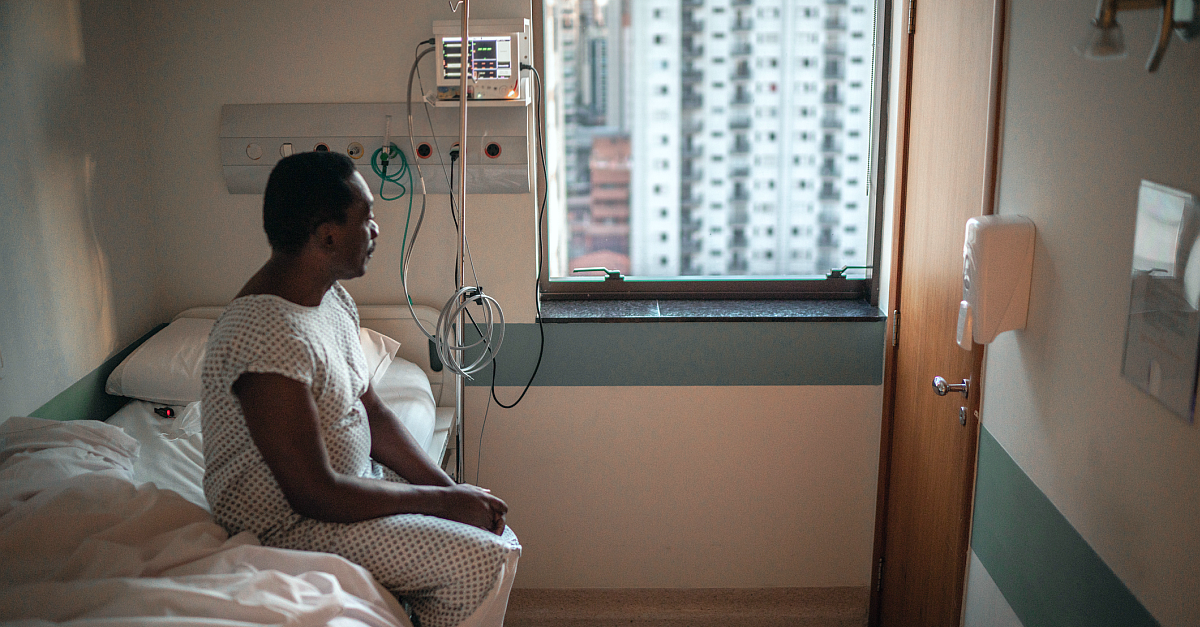The COVID-19 pandemic has presented challenges both to the medical system overall and to the ongoing treatment of patients with cancer. Patients are experiencing delays in care, additional financial strains, and mental health challenges in the current environment. To measure the impact of the COVID-19 pandemic on cancer patients, the American Cancer Society Cancer Action Network conducted online surveys in March and early May that included >1200 cancer patients and survivors (margin of error ±3% and 96% CI), 111 caregivers, and 139 healthcare providers. The patients who responded had various cancers, with breast cancer being the most prevalent (51%), and a variety of different insurance types, with employer-provided insurance most common (55%).
Early diagnosis and treatment are the cornerstones of effective therapy for aggressive cancers. In March, more than half of the cancer patients surveyed reported disruptions to their health care, and this increased to 87% in the early May survey. Of those in active treatment in early May, 78% reported delays to their care (vs 24% in the March survey), with 17% reporting delays to cancer therapy (eg, chemotherapy, radiation, endocrine therapy) and 25% reporting delays in imaging. Many of these delays were more than 2 weeks, and imaging services were often postponed with no known timing for rescheduling. These delays in important diagnostic and interventional procedures could provide an additional source of stress for patients and compromise outcomes.
In addition to the challenge of delayed care, the pandemic has decreased economic stability. Some patients may have difficulty paying for care or accessing the care they need due to loss of jobs and insurance coverage. Nearly half (46%) of the patients surveyed said COVID-19 impacted their financial situation and ability to pay for care (up from 38% in March). Approximately 1 in 4 of the respondents worried about loss of health insurance. Financial concerns were not limited to healthcare costs, as many patients reported worrying about paying for basic household expenses like rent or mortgage, utilities, and food. Although this was more common among the lowest-income bracket (54% of respondents with ≤$30,000 annual household income), worry about these expenses was prevalent across all income brackets, including in 20% of respondents with ≥$110,000 annual household income.
Combined medical and financial stresses led nearly half (48%) of the respondents to report that the pandemic has had a moderate or major effect on their mental health. Possibly contributing to this anxiety, 70% of the patients with cancer reported challenges in obtaining personal protective equipment. Relaxation of social distancing measures has also increased stress and anxiety; 67% worry about their safety as communities reopen. This concern was especially prevalent among minority respondents (76%).
Healthcare providers and caregivers similarly reported concern about delayed care and providing support for patients in the context of public health restrictions. Caregivers, like patients, reported anxiety over reopening and the increased potential that they or their loved ones could be exposed to the virus.
High Altitude: In this unprecedented time, weighing the benefit vs risk of visits to the clinic or hospital for treatments and imaging studies is difficult both for physicians and patients. Patients are aware that disruptions and delays in care have potential long-term impacts on their health and management of their disease. This survey highlights the need for allocation of additional supportive staff to help patients navigate the emerging obstacles to their care, both mental and physical. Policy decision-makers can help reduce care disruptions by establishing practices that allow for appropriate social distancing measures, ensuring sufficient supplies and equipment for staff, and communicating that the necessary steps have been taken for patients to safely resume or continue treatment plans without disruption. This includes fostering awareness of society guidelines, such as those from the American Society of Clinical Oncology, as discussed in an earlier edition of Altitudes.
Ground Level: The challenges of COVID-19 are amplified for cancer patients and their caregivers. Decisions such as whether to go to work, send their children to school, and whether to go to the clinic or hospital for appointments are an emerging source of anxiety. Many patients are feeling heightened financial strain with their copays and challenges with accessing personal protective equipment. Healthcare providers are now being asked to balance the safety and resources of this immunocompromised population with the need for timely treatment to control the growth and metastasis of their cancer. Multiple societies have issued guidance to aid in these decisions, as discussed in an earlier edition of Altitudes. Healthcare provider cancer network can support cancer patients by considering less burdensome therapies (in terms of immunosuppression, copays, and required office/infusion center visits) when possible, and by helping them seek additional support to reduce costs and copays and gain access to personal protective equipment.

